
Global Thought
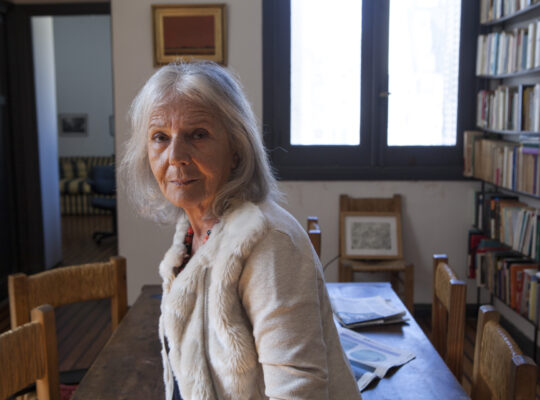
An Independent Intellect
Beatriz Sarlo was one of Latin America’s foremost intellectual figures. She helped shape the canon of contemporary Argentine fiction, edited a leading cultural magazine and stirred debate on a range of issues, from the Falklands War and populism to literature and the role of memory in the aftermath of dictatorship.

Blackness in Urdu Poetry
Noon Meem Danish, a Black Pakistani poet, explores themes of Blackness, identity and belonging in his work. In a rare interview, the only Urdu-language poet writing within the Negritude tradition reflects on a life and career that has taken him from protest in Karachi to solitude in Connecticut.
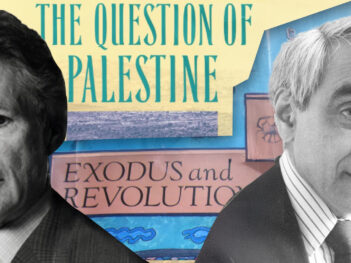
The Long Shadow of the Debate Between Edward Said and Michael Walzer
Revisiting the intellectual confrontation between the literary theorist Edward Said and the political philosopher Michael Walzer today illuminates the ways liberal Zionism both invests in, and disavows, its ethno-religious fantasies.
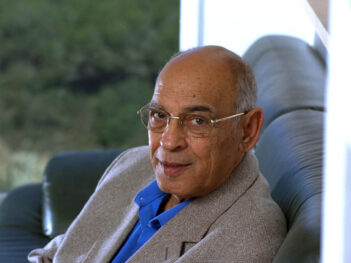
Sami Michael Broke New Ground by Centering Arabs in His Hebrew Novels
The novelist Sami Michael died last year aged 97. Born and raised in Baghdad, he introduced characters previously marginalized or omitted in Hebrew literature: immigrants, Mizrahim, women and especially Arabs. His portrayals are sympathetic but unsparing, and his writing tackled issues central to Israeli society that were previously cloaked in silence.
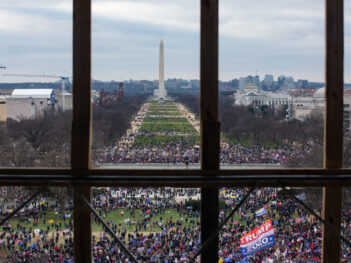
The Limits of a Liberal Understanding of the State
Can liberalism understand — and counter — strongman politics? In the wake of Trump’s reelection, the Egyptian writer Mahmoud Hadhoud spoke to the American legal theorist Paul Kahn in search of lessons for the Arab world.
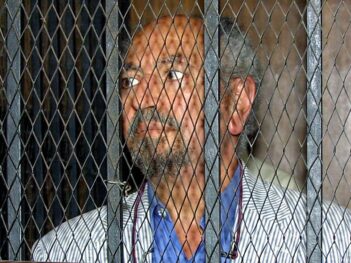
The Contradictory Legacy of an Egyptian Sociologist
Saad Eddin Ibrahim spent his life and career speaking up for civil society and democratization in the Arab world, building bridges between his work in academic sociology and his political advocacy. Then he abruptly degenerated into an apologist for authoritarian counterrevolution.
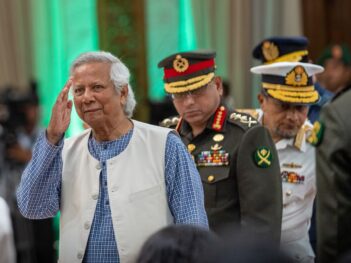
The Development Economist Leading Bangladesh’s Transitional Government
The student protesters who toppled the Bangladeshi government chose Muhammad Yunus, “banker to the poor” and Nobel Peace Prize winner, to lead the country’s transitional government. Yet it remains to be seen how the vision and experience he brings from outside politics might shape the nation’s future.
